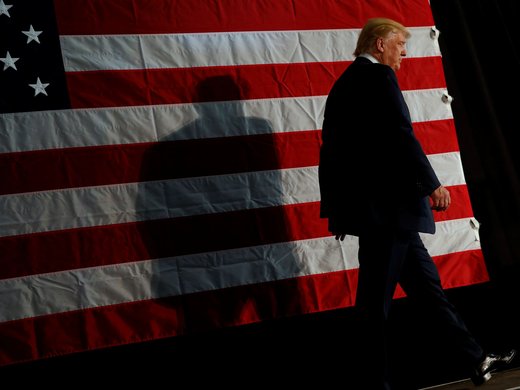Do newspapers, the last bastion of the twentieth-century news-gathering model, have a future in the digital age? Victor Pickard thinks so.
But the media scholar and recent Big Tech podcast guest doesn’t foresee a return to for-profit news-gathering.
On the contrary, he thinks that’s over. And he advocates a shift in how we perceive, value and organize the business of journalism, in order to save it. In particular, he calls for a renewal of the concept of public interest in news, with greater public investment, and support for not-for-profit models of journalism.
“A three-pronged approach to reinventing journalism would involve new tax laws, subsidies for a new public media system, and research and development efforts for new digital models,” Pickard writes in America’s Battle for Media Democracy. “Together, these initiatives would remove or lesson profit pressures and help restore journalism’s public service mission.”
This discussion is timely. Daily newspapers, both metropolitan and small-town, have been under intense economic pressure for decades, as traditional print advertising revenue has collapsed and digital ads, and new digital subscriptions, have failed to make up the shortfall. The result has been thousands of newspapers either shuttered or dramatically downsized.
Apart from the very largest titles, with access to a global audience, the outlook is dire. The situation has been exacerbated by the COVID-19 pandemic.
The consequences for democracy, arguably, are equally dire: in the absence of independent news-gathering and commentary, whether local, national or international, the challenge function and watchdog mission of journalism are lost — and public policy and political debates descend into what remains, for now, a virtual free-for-all on social media.
Please explore this collection highlighting work by CIGI experts and contributors studying the scope of the problem and providing potential policy responses.
Read
- Facebook Won’t Resurrect Canadian Media
- Saving Journalism from Big Tech
- Public Investments for Global News
- Protecting Information Consumers
- Backstopping the Civic Function of Journalism
- Why Is Facebook’s Decision to Restrict News in Australia So Significant?
- Fact-checking Is Necessary to Stop the Infodemic – but It’s Not Enough
- What Rana Foroohar’s Reporting Taught Us about Technology and Democracy
- Are Newsrooms Ready for Political Disinformation?
- Is News Property? How Digital Platforms Are Resurrecting a Centuries-Old Question
- Why Transparency Won’t Save Us
- The Decline of Media Diversity – and How We Can Save It
- Influence Operations and Disinformation on Social Media
Listen
- Emily Bell on Journalism in the Age of Social Media
- Victor Pickard on the Future of Journalism
- Rod Sims on Australia’s New Law to Rebalance Media Power
- Maria Ressa on How Social Media Can Destabilize Democracy and Journalism
- Eliot Higgins on Citizen Journalists’ New Form of Intelligence Gathering
Watch
- How to Stop Fake News on Social Media
- Highlight Video: “Muzzled Media – The Global Challenge”
- Muzzled Media – The Global Challenge (full event video)
- Reporting on Atrocity



